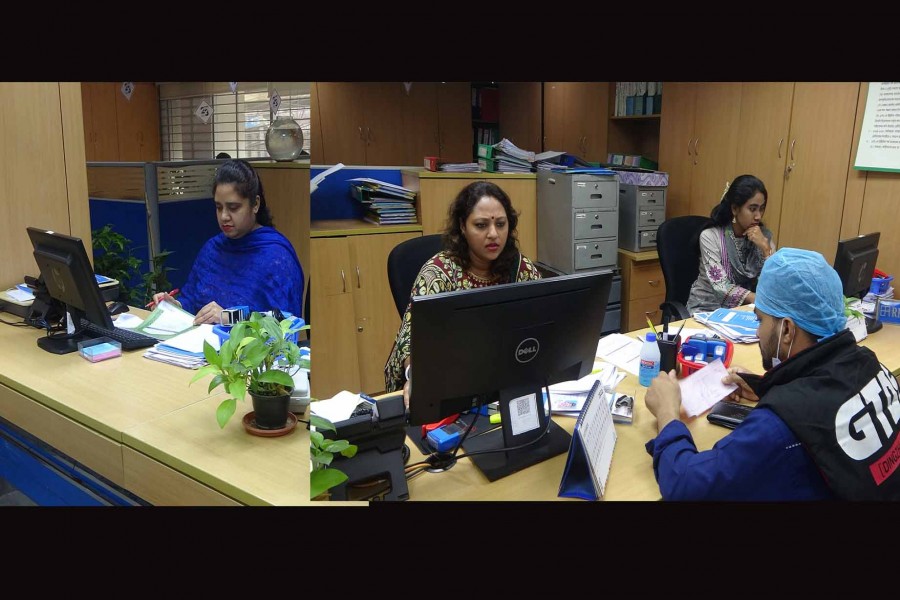Gender-responsive financial service still remains a far cry as difficulties for women in getting access to formal credit continue to widen, experts said at a workshop on Friday.
The government has a target to bring the adult population under financial-service coverage through financial inclusion by 2026.
To this end, they highlighted the importance of a stakeholder effort to gain the goals of the National Financial Inclusion Strategy-Bangladesh (NFIS-B) and Vision 2041, reads a press release.
The Bangladesh Institute of Bank Management (BIBM) and the Centre for Research and Development (CRD) co-hosted the workshop at a hotel in Bogura town.
At the event, speakers said banks and financial institutions, in many cases, feel discomfort in providing finance to women, excepting those who have established themselves in the market.
Being failed to convince banks and financial institutions, they knocked the doors of various NGOs (non-governmental organisations) where funds are too costly to serve their purposes as they planned.
"A move is on to lower interest rate in NGO funds between 22 per cent and 24 per cent. But we, somehow,
need to ensure low-cost bank credit for women," said BIBM director general Md Akhtaruzzaman.
BIBM professor (selection grade) Dr Shah Md Ahsan Habib said women must have an account in institutions like banks and insurance by 2026, as part of the NFIS-B, so they can get loan and other financial services.
"So, the role of mobile financial services and micro-financial institutions alongside banks is very crucial," he added.
BIBM professor (selection grade) Md Nehal Ahmed shared multiple factors that create obstacles for women to getting formal credit.
"If we can overcome those, we will be able to achieve SDGs by 2030," he added.
CRD chief executive officer Dr Md Mokhlesur Rahman, and Dhaka University professors Dr Sanjida Haque and Dr Sayema Haque Bidisha, among others, also spoke.


